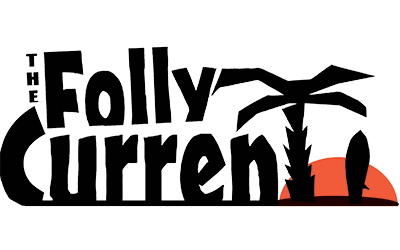 Howdy folks, I hope everyone is enjoying their summer. I thought I’d take a moment to address some good and bad medicine for your landscape. Just like all living things, landscapes and gardens can become sick if not cared for and fed well. There are several ways to treat them.
Howdy folks, I hope everyone is enjoying their summer. I thought I’d take a moment to address some good and bad medicine for your landscape. Just like all living things, landscapes and gardens can become sick if not cared for and fed well. There are several ways to treat them.
Remember the saying, “An apple a day, keeps the doctor away?” Preventive maintenance is always key to practicing good health, whether in landscapes, autos, homes, and of course, people. If you’re at the point of treating symptoms and problems with over-the-counter chemicals you’re way behind the game, not to mention it’s a money pit which never ends because you’re not addressing the root “literally” of the problem.
We’ve all seen the constant bombardment of these television prescription drug ads that ramble off a huge list of possible side effects that are often worse problems than the original ailment, (internal bleeding? Yikes! No thanks!) Well the same goes for a lot of the products that are sold by one stop shopping home and garden stores. Most of these products do come with a long, nasty list of side effects for the environment around us but they’re not made public (yet). Also, technically by law if you do not have an applicators license in the State of South Carolina you cannot legally spray round up or any fungicides, pesticides, etc.
OK, enough guilt. So what do we do? Let’s start with some natural things to help prevent problems:
1. Water correctly. If you don’t have native plants that are established then your plant material and lawns will need the right amount of watering to keep them healthy and pest and disease resistant. Too much water and you may get fungus in your lawn (those yellow circles) or scale and other problems on your plants.
2. Compost. There are many ways to do this. A couple of chicken wire bins to throw all your leaves and clippings in works nice. For kitchen compost put your coffee grounds, egg shells, banana peels, veggie parts etc in a composting bin outside. You can make one pretty easily or if you are concerned about critters I highly recommend a tumbling bin with a latch to seal it and a handle to spin it occasionally. Add some leaves to it and within a year you’ll have usable material to feed your yard and plants. I did my veggies with it this year and had good results. Grass clippings work great as well. Make sure your mower has a mulching blade on it.
3. Try some household weed killers. There’s a site on the internet called thriftyfun.com that has several techniques such as pouring your crab boil water with the spicy seasoning in it, or different types of vinegars. You’re smart, savvy and you have the research skills to do this!
4. Try things for bugs as well. Garlic and pepper mixed in water can work, so does dissolving a bar of organic soap in water overnight then spraying. (source: www.todayshomeowner.com)
Well, I’m out of room and this could go on forever, so do your research and practice good health! We don’t want your yard to end up in a bad prescription commercial. Aloha!
Charlie Stonecypher is the owner of Suncoast Irrigation and Landscaping. They specialize in products that work smart without wasting resources. Contact Charlie at (843) 327-8642 or email him at suncoastirrigation@gmail.com.

